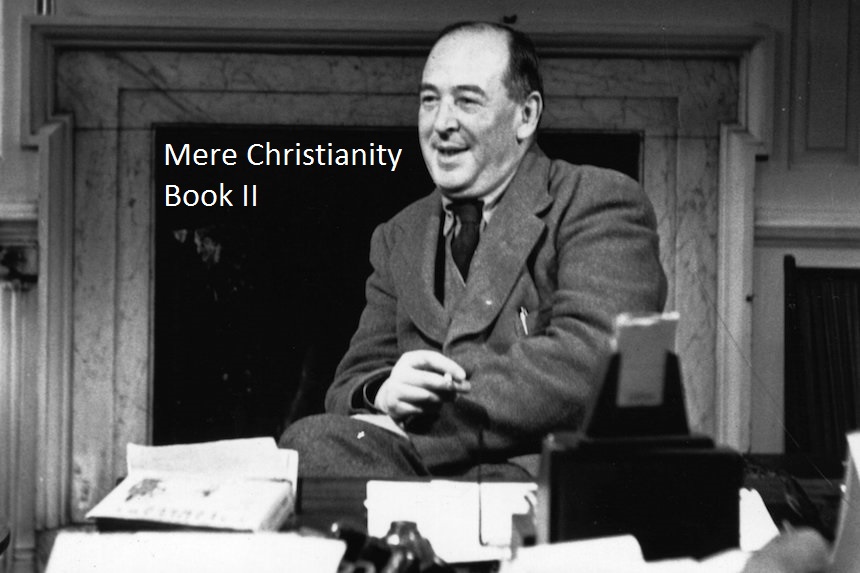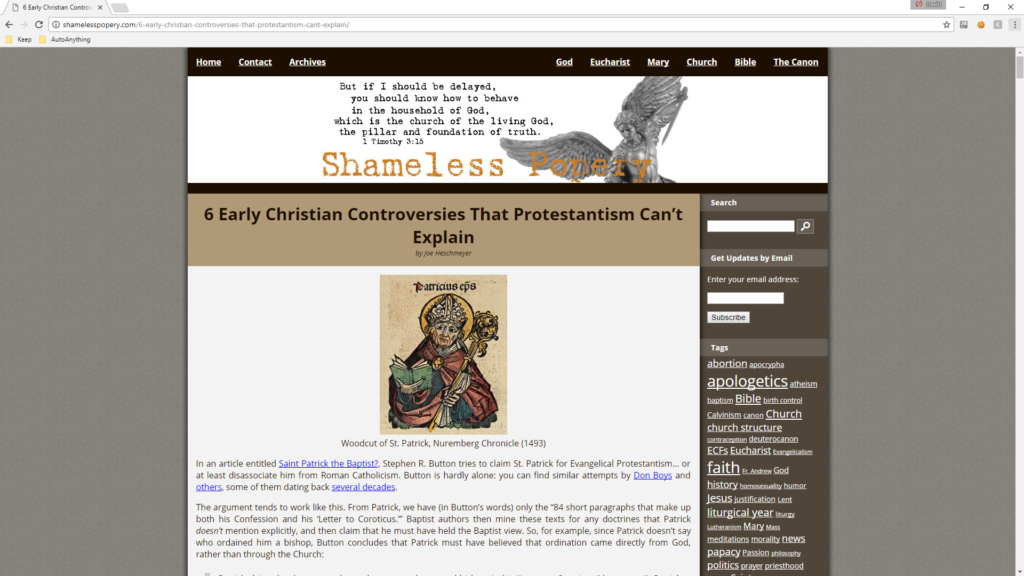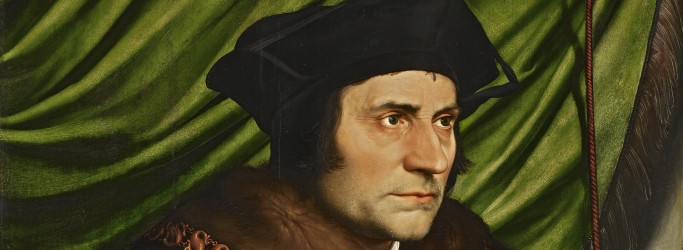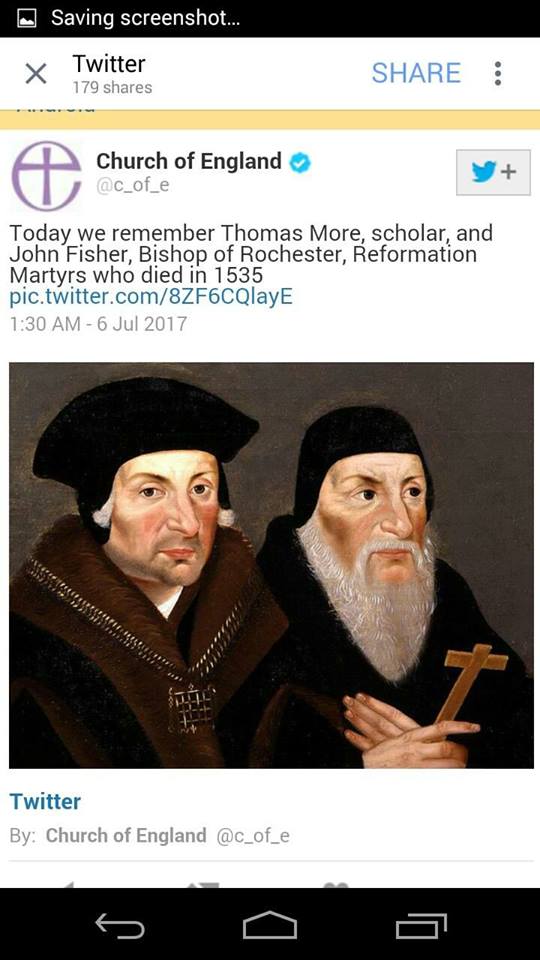Mere Christianity – Book II – Chapter 1 (“Rival Conceptions of God”)

We now begin the second Book of “Mere Christianity” which is entitled “What Christian’s Believe”. Previously I had been posting my notes as I read. Here are my notes for the first chapter of Book II:
Notes & Quotes
1. Christians can recognize the elements of truth in other religions
“If you are Christian you do not have to believe that all the other religions are simply wrong all through. If you are an atheist you do have to believe that the main point in all the religions of the whole world is simply one huge mistake. If you are a Christian, you are free to think that all those religions, even the queerest ones, contain at least some hint of the truth”
2. Christians can still make absolute claims
“As in arithmetic – there is only one right answer to a sum…but some of the wrong answers are much nearer being right than others”
3. Humanity may be divided first into two groups, the majority who believe in some kind of deity and a minority who do not. This group may be further subdivided into the kind of deity in which they believe:
(a) Pantheists
These believe that:
(i) God who is beyond good and evil
“…these people think that long before you got anywhere near the divine point of view the distinction [between good and evil] would have disappeared altogether…[This is] Pantheism. It was held by the great Prussian philosopher Hegel and, as far as I can understand them, by the Hindus.”
(ii) God and the universe almost the same thing
“Pantheists usually believe that God, so to speak, animates the universe as you animate your body: that the universe almost is God, so that if it did not exist He would not exist either, and anything you find in the universe is a part of God”
These two beliefs are connected:
“If you do not take the distinction between good an bad very seriously, then it is easy to say that anything you find in this world is a part of God”
(b) Non-Panthesists
These believe that:
(i) God who is ‘good’
“…a God who takes sides, who loves love and hates hatred, who wants us to behave in one way and not in another…[a view] held by Jews, Mohammadans and Christians”
The word “Mohammadans” is an old word used to describe Muslims (since they were followers of Mohammad).
(ii) God is distinct from His creation
“…God invented and made the universe – like a man making a picture or composing a tune. A painter is not a picture, and he does not die if his picture is destroyed”
These beliefs are connected:
“…if you think some things really bad, and God really good, then you cannot talk like that. You must believe that God is separate from the world and that some of the things we see in it are contrary to His will…a great many things have gone wrong with the world that God made and that God insists, and insists very loudly, on putting them right again”
4. The very question as to why there is evil in the world presupposes God
“My argument against God was that the universe seemed so cruel and unjust. But how had I got this idea of just and unjust? A man does not call a line crooked unless he has some idea of a straight line…I could have given up my idea of justice by saying it was nothing but a private idea of my own. But if I did that then my argument against God collapsed too – for the argument depended on saying that the world was really unjust, not simply that it did not happen to please my fancies”
Discussion Questions
1. Why does Jack say that when he became a Christian he adopted the more “liberal” view?
2. Is it possible to affirm the truth of other religions while still holding to the absolute truth claims of Christianity?
3. Can you think of any religion completely devoid of ALL truth?
4. Into what two central conceptions of God does Jack say people hold? Do you think we could divide it up in a different way?
5. In what way do these conceptions of God and our attitudes towards the Moral Law and the Universe relate to each other?
6. Why does the very question of asking about evil in the world presuppose the existence of God?
C.S. Lewis Doodle
(The video does work, honest!)


 Cardinal Newman famously said that
Cardinal Newman famously said that 
